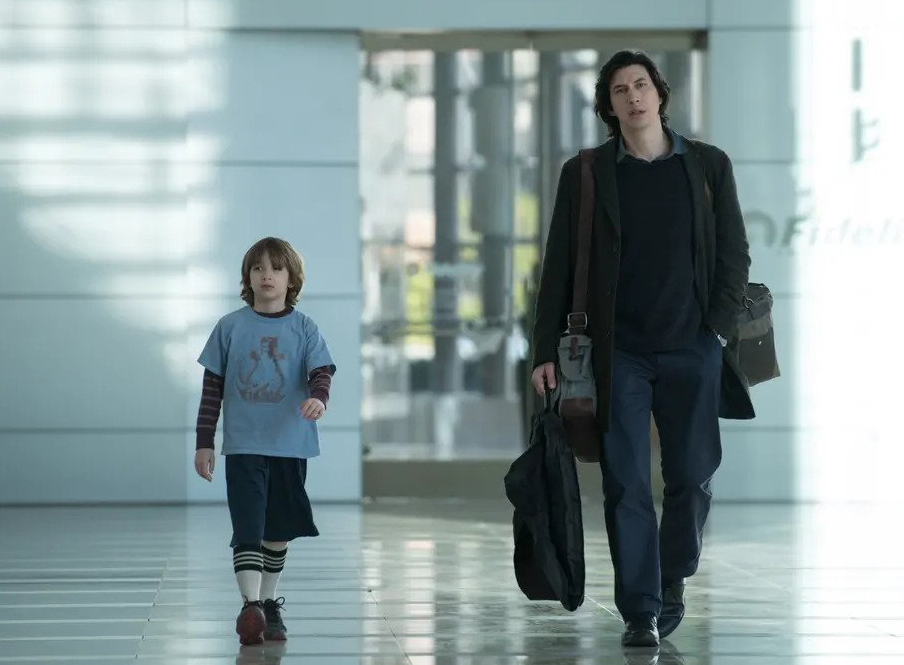“Marriage Story” is an honest, realistic depiction of the breakdown of a marriage. It is powerful, moving, and, quite simply, one of the best films of the year. Written, directed, and produced by Noah Baumbach, the film follows theatre director Charlie (played by Adam Driver) and his actor wife Nicole (played by Scarlett Johansson) as they move through an increasingly painful and challenging divorce.
The acting in this movie is phenomenal. Driver and Johansson both provide authentic and moving performances, ranging from emotional extremes to tenderly quiet moments. This is a significant work for both of them, as it allows them to play some of the most emotionally complex roles of their careers. Seeing as their best-known movies are Hollywood blockbuster schlock (Driver plays Kylo Ren in the new “Star Wars” films, while Johansson is Black Widow in the Marvel Cinematic Universe), this movie shows audiences the depth of acting that both of them are capable of.
Though Driver and Johansson are the clear stars of “Marriage Story,” the supporting cast is comparably superb. Laura Dern plays the role of Nicole’s defense lawyer Nora, winning an Academy Award, Golden Globe, BAFTA award, and Screen Actors Guild award for her role. Merritt Wever and Julie Hagerty provide wonderful comedy as Nicole’s sister and mother respectively, while Ray Liotta and Alan Ada act as Charlie’s legal team.
However, the screenwriting is undeniably the strongest part of “Marriage Story.” The film opens with a voice over of Nicole and Charlie describing what they love about the other. This montage perfectly demonstrates the level of detail and specificity that imbues the rest of the film with such emotional honesty. This film is so accurate in its specificity, revealing how love and resentment often depends so much on the little details.

While the film leans towards Charlie’s perspective narratively (perhaps unavoidably as Baumbach’s personal experience inevitably seeps through), one of the film’s strongest features is how it balances the narrative between Charlie and Nicole. Throughout “Marriage Story,” the audience, along with Charlie and Nicole, are looking for a clear antagonist, for someone to blame. The truth is that there is no clear villain. We see how both Charlie and Nicole have both hurt and been hurt; they are just two people in a difficult situation, unintentionally lashing out in pain.
“Marriage Story” will undoubtedly resonate with many viewers, as the story of divorce touches many of us. Baumbach shows how divorce can bring out the worst in people, as two people who used to care about one another move farther and farther apart. In divorce, nobody wins. The only way forward is one of gradual healing and renewal.

